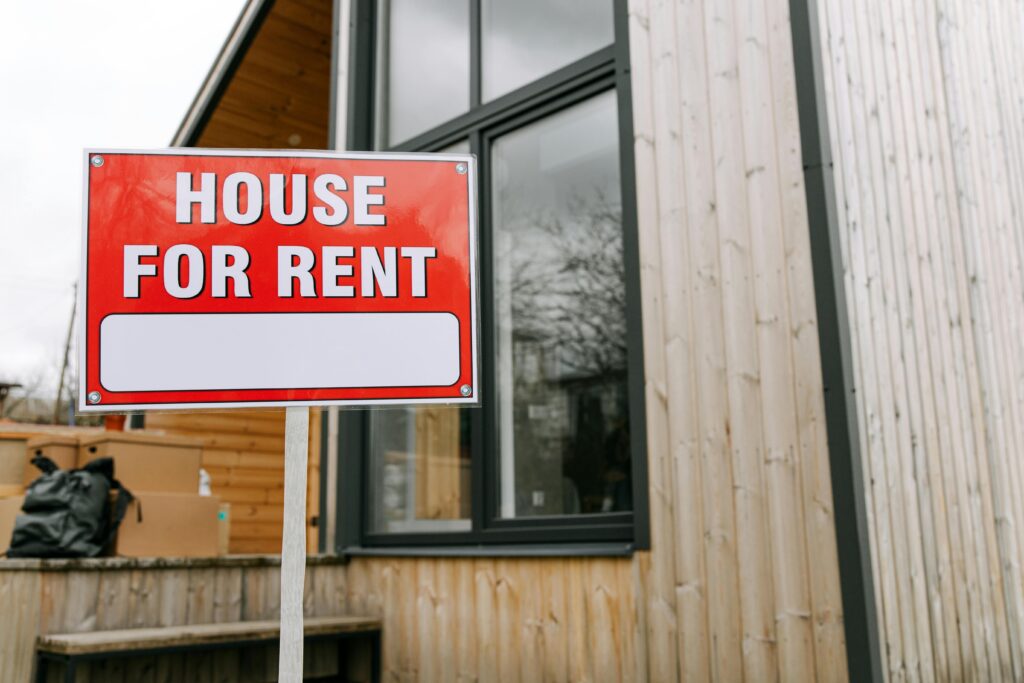Yes, it’s true—Ohio is a tenant-friendly state when it comes to rental properties. During good times, this might not seem significant. But when issues arise, landlords who aren’t properly prepared can lose both time and money dealing with evictions and disputes. Here’s an unfortunate story about Craig, who learned the hard way about the importance of rental registration:
Craig had always dreamed of becoming a successful landlord. He invested in a property in Cleveland, hoping it would provide a steady stream of income. For a while, everything went smoothly. His tenants paid rent on time, and the property was well-maintained. However, things took a turn for the worse when one of his tenants stopped paying rent.
Craig tried to resolve the issue amicably, but after several months of missed payments, he decided it was time to evict. Confident in his decision, he headed to the local courthouse to file the necessary paperwork. There, the court clerk informed him that he couldn’t proceed with the eviction because he didn’t have an occupancy permit for his property.

Craig was stunned. He had overlooked this crucial document, assuming it wasn’t necessary. The clerk explained that without an occupancy permit, his property wasn’t legally recognized as a rental unit and not in compliance with the Resident’s First ordinance. This meant he couldn’t legally evict his tenants or enforce any rental agreements.
Frustrated and disheartened, Craig realized he had lost several months’ worth of rent, amounting to thousands of dollars. Additionally, the time he spent trying to resolve the issue with his tenant and preparing for the eviction was wasted. Now, he had to go through the process of obtaining an occupancy permit before he could refile the eviction notice.

The process of obtaining the permit was tedious and time-consuming. Craig had to ensure his property met all local housing codes and regulations, which required lead inspections and repairs. This added to his expenses and further delayed the eviction process.
As Craig navigated this challenging situation, he realized the importance of adhering to local laws and regulations. The experience was a costly lesson in the significance of rental registration and compliance. He vowed never to overlook such crucial details again, understanding that proper documentation was essential for protecting his rights as a landlord and ensuring the smooth operation of his rental business.

In the end, Craig managed to obtain the occupancy permit and successfully evicted his non-paying tenant. However, the ordeal left him more cautious and diligent. He now ensures all his properties are fully compliant with local laws, recognizing that the time and effort spent on proper registration and documentation are invaluable in avoiding future headaches and financial losses.
With the support of a property manager like Dwelling Network, Craig’s experience could have been different. We prioritize compliance with all local ordinances designed to protect tenants, but this proactive approach also safeguards landlords. By ensuring your property is registered with the city, whether it is Cleveland or a suburb, we can take swift action when tenants violate their rental obligations and avoid costly fines. Don’t let this happen to you. Check with your current property manager about your compliance status and take immediate steps to ensure everything is in order or inquire how Dwelling Network can help you get your properties back on track.


